Jobs and Livelihood
Special Sessions Venue: Room 17 Casa De La Cultura- World Bank (World Bank),
- International Labour Organization (ILO),
- United Nations Human Settlements Programme (UN-Habitat).
- United Nations High Commission for Refugees (UNHCR),
- World Food Programme (WFP),
- United Nations Development Programme (UNDP),
- Convention on Biological Diversity (CBD).
- Alice Charles Lead Urban Development & Global Leadership Fellowship World Economic Forum Ireland

- Daria Cibrario Policy Officer Local And Regional Government Sector And Multinational Corporations Public Services International (PSI) Italy
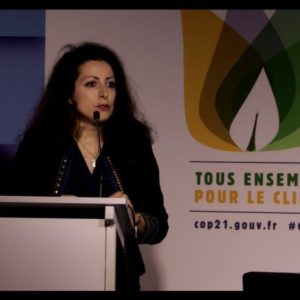
- Denis Kellman Minister Of Housing Lands And Rural Development Barbados Barbados

- Douglas Ragan UN-Habitat

- Dr. Edmundo Werna Focal Point For Habitat III ILO (International Labour Office) Brazil
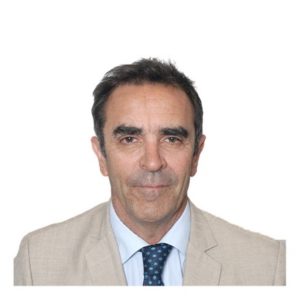
- Gulelat Kebede TBC

- Jan Van Zanen Mayor Of Utrecht City Of Utrecht Netherlands
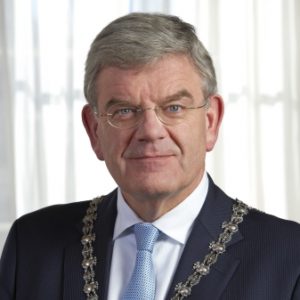
- Per Olof Sjoo President Swedish Forest And Workers Union Sweden
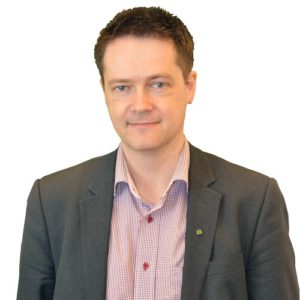
- Peter White Chief Operating Officer. World Business Council For Sustainable Development Switzerland
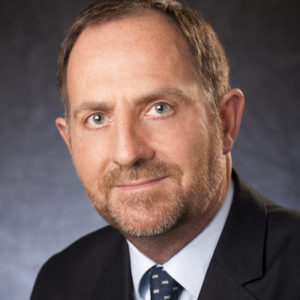
- Sami Halaseh Minister Of Public Works And Housing Jordan

- Soraya Goga Lead Urban Specialist World Bank South Africa

Jobs & Livelihoods
New Urban Agenda initiatives such as infrastructure provisions, upgrading of low-income neigborhoods, and inner-city regeneration can lead to inclusive growth when employment-generation and working conditions are properly addressed. This session will discuss the types of employment that should be an integral part of urban policies and management. In 1996, Habitat II highlighted the need to generate employment. While this remains important, and is indeed one of the pillars of the Decent Work Agenda, the other pillars are also crucial for housing and sustainable urban development. In this account, Habitat III can take a step beyond Habitat II, by encompassing and integrating all the elements of the Decent Work Agenda. Combating inappropriate working conditions, improving social protection, and respecting labour standards are all crucial for addressing poverty in human settlements. The other important step forward from Habitat II is moving from a reactive focus (on employment) to a proactive focus (on decent work), from awareness raising to policy integration via:
· Including labour standards in the procedures for public procurement contracts and other elements for the implementation of the New Urban Agenda.
· Raising awareness and building the capacity of government authorities and public sector workers to embed decent work in its activities to expand and upgrade human settlements and via policies to stimulate the local economy.
· Linking support to business development with the promotion of decent work including compliance with labor standards.
· Providing innovative financial mechanisms to increase employment. If finance generates more jobs and improve working conditions, this will not only have a social impact, but an economic one on human settlements by generating further financial resources through progressive taxation systems. This session will elaborate on the above points and others, which may be brought in by presenters.
Guiding Questions
· What are the main challenges to promote jobs & livelihoods in urban areas?
· How can the Habitat III Agenda promote policies, which combine housing, human settlement development, and decent work?
· How to promote quality jobs and livelihoods (the concept of Decent Work)?
· What are innovative solutions to improve jobs and livelihoods?
